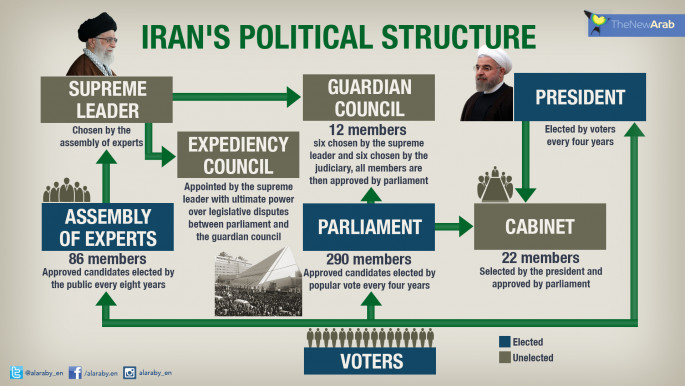Iran's Ahmadinejad registers to run for upcoming presidential elections
Ahmadinejad had previously said he would not stand after being advised not to by supreme leader Ayatollah Ali Khamenei, saying he would instead support his former deputy Hamid Baghaie who also registered on Wednesday.
He told reporters he remained committed to his "moral promise" to Khamenei of not running for the May 19 election.
Khamenei's "advice was not a ban," he said at the interior ministry where registration was taking place.
"I repeat that I am committed to my moral promise (of not running) and my presence and registration is only to support Mr Baghaie."
Ahmadinejad previously served two four-year terms from 2005 to 2013. Under Iranian law, he became eligible to run again after four years out of office, but he remains a polarising figure, even among fellow hard-liners.
 |
More than 120 prospective candidates submitted their names as candidates on the first day of registration on Tuesday, including six women and seven clerics. Registration remains open until Saturday.
A dissident activist Mehdi Khazali, who served several prison terms on security-related charges, said after registration that hostility toward the West would come to an end if he is elected.
"We must seek to remove tension with the entire world. Relations based on mutual positive interaction must be established," Khazali said.
One female registrant, who identified herself only as Mirfattah, pledged to form a half-female Cabinet if she wins.
Under Iran's electoral system, all applicants must be vetted by the Guardian Council, a clerical body that will announce a final list of candidates by April 27.
The council normally does not approve dissidents or women for the formal candidate list.
The May 19 election is seen by many in Iran as a referendum on the 2015 nuclear agreement with world powers and its ability to improve the country's sanctions-hobbled economy.
Under that deal, Iran agreed to curb its uranium enrichment in exchange for the lifting of international sanctions.
Since the deal, Iran has signed multi-billion-dollar contracts with airplane manufacturers Boeing and Airbus. The benefits have yet to trickle down to the average Iranian, however, fuelling some discontent.
Agencies contributed to this report





 Follow the Middle East's top stories in English at The New Arab on Google News
Follow the Middle East's top stories in English at The New Arab on Google News
![Israeli forces ordered bombed Gaza's Jabalia, ordering residents to leave [Getty]](/sites/default/files/styles/image_330x185/public/2176418030.jpeg?h=a5f2f23a&itok=_YGZaP1z)

